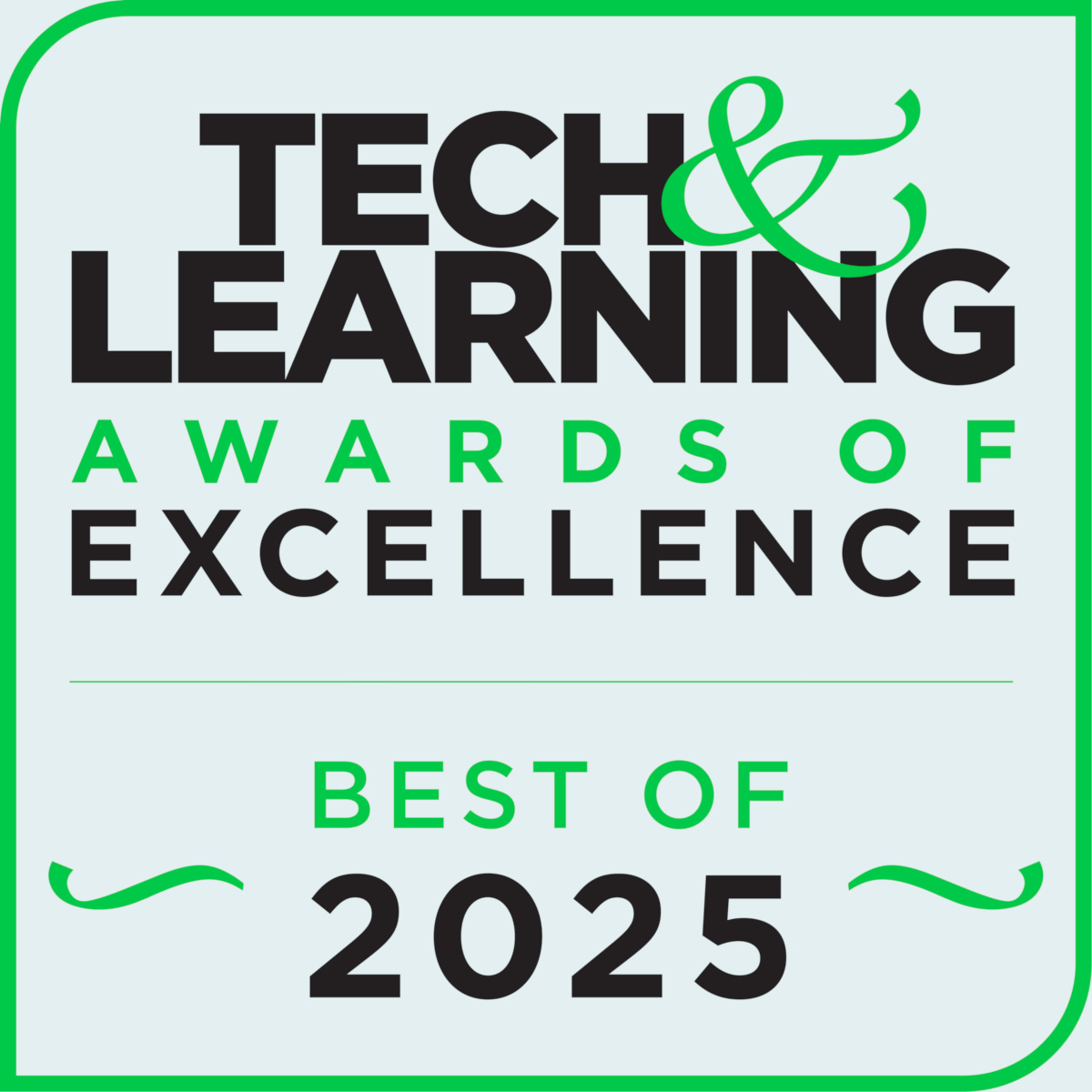Learning Without Technology
As long as I have been involved with education there has been a discussion of whether or not technology is making a difference in learning, and whether or not we should use it in schools. This discussion takes place on a teacher-to-teacher level, as well as an administrative level. It occurs on primary, secondary and higher education levels. It may be time to shift the discussions to what we need our kids to learn and how they will implement that learning in our culture, and continue to learn, as the life long learners, which we, as educators, supposedly strive to make them to be.
The more we learn about learning, the further we seem to be getting away from the primary teaching lessons of the past. Lectures, although necessary, are no longer the focus of teaching methodology. Today’s methods seem to be relying on more collaborative and authentic learning. Actually doing and making, as opposed to having descriptions and theories delivered by lectures, is a shift, which is taking place in education today. Critical thinking, always addressed to some extent in learning, is now becoming more prominent in education.
The skills that educators are emphasizing more and more are skills of: curating information, analyzing information, understanding information, communicating information in various forms, collaborating on information both locally and globally, ultimately, creating information for the purpose of publishing and sharing. These are the goals of 21st Century educators. These are also the today’s needs of industry, business, and banking. Many of these skills are also needs of artists, writers, and musicians. Even politicians could use these skills, which are apparently lacking in a majority of our current leaders.
Now that we have seen how the needs of society have structured the needs of skills for students, and now that we have seen how the needs of education have structured the changes in methodology to address those skills, we now need to consider the best way to deliver access to information for curation, analysis, understanding, communicating and creating. For that direction let us consider what tools are used by Industry, Business, Banking, and the Arts. If the answer is TECHNOLOGY, why is there any debate about why, and how much technology should play a role in education? Yes, good teachers can teach without technology, but to what end, if the student will need to master technology to compete, or even exist in a technology-driven environment?
It is time that this debate ends. There are no choices for educators to make here. If we are educating our children to live and thrive in their world, we cannot limit them to what we were limited to in our world. As things change and evolve, so must education. As educators we have a professional obligation to change as well. We must retain a sense of relevance and that requires effort. Relevance does not come to us as we sleep in the night. Educators need to employ the very skills they are passing along to their students. They need to: curate, collaborate, communicate, critically think, and create. All of this is best accomplished through the use of tools of technology. An education without technology does not prepare our students with the skills that their world will require. Technology should be ubiquitous in education.
cross posted at My Island View
Tom Whitby has decades of experience as a secondary school English teacher and Adjunct Professor of Education. He is a frequent conference contributor and has been recognized with an Edublog Award for the most Influential Educational Twitter Series, Edchat, which he founded. Read more at My Island View and follow on Twitter @tomwhitby
Tools and ideas to transform education. Sign up below.
